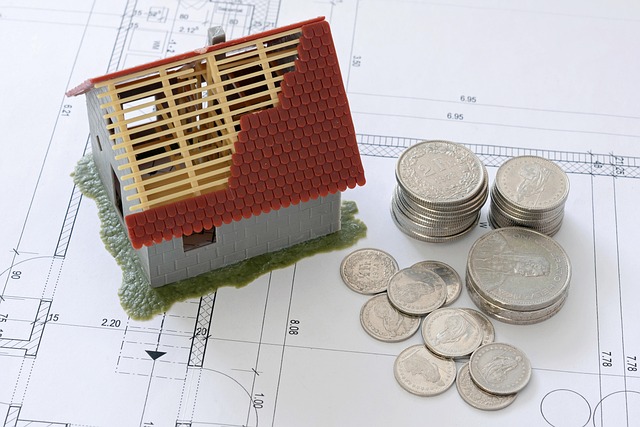Understanding contractor financing fees is crucial for planning home improvements, as these costs can significantly impact your budget. Unlike traditional loans, contractor financing offers flexible terms and lower interest rates but includes various charges like processing fees and administrative costs. The size of the project and borrower creditworthiness primarily determine these fees. To secure a fair deal, gather quotes from multiple contractors, negotiate transparently, and factor in labor, materials, permits, inspections, potential delays, and unforeseen circumstances for accurate fee estimates.
Estimating contactor financing fees for home improvements can seem complex, but it’s a crucial step in bringing your renovation dreams to life. This guide breaks down everything you need to know. We’ll explore how contractor financing fees work, uncover the factors influencing these costs, and provide valuable tips for negotiating effectively. By understanding these aspects, you’ll be better equipped to manage your home improvement budget and secure the best deals.
- Understanding Contractor Financing Fees: Unraveling the Costs
- Factors Affecting Financing Fee Calculation
- Tips for Negotiating and Estimating Fees Effectively
Understanding Contractor Financing Fees: Unraveling the Costs

Understanding Contractor Financing Fees: Unraveling the Costs
When considering home improvements, it’s crucial to factor in contractor financing fees. These costs are an integral part of any renovation project and can significantly impact your budget. Unlike traditional lending options, contractor financing is tailored to facilitate home improvement projects, offering flexible terms and often lower interest rates. However, these fees aren’t straightforward; they vary based on several factors, including the project scope, contractor’s overhead, risk assessment, and local market conditions.
Delving deeper, contractor financing fees typically include processing charges, administrative costs, and sometimes, insurance premiums. Processing charges cover the expense of evaluating your application and arranging the funding. Administrative costs reflect the contractor’s time and resources dedicated to managing your project. These fees might seem small individually but can add up, especially for larger projects. Thus, it’s essential to inquire about these costs upfront and compare them across different contractors to ensure you’re getting a fair deal for your home improvements.
Factors Affecting Financing Fee Calculation

Several factors influence the calculation of contractor financing fees for home improvements, and understanding these variables is key to accurately estimating costs. One significant factor is the size and scope of the project. Larger renovations or construction projects typically carry higher financing charges due to increased risks and potential costs. For instance, a complex kitchen remodel involving custom cabinetry and high-end appliances will likely incur different fees compared to a simple bathroom update.
Another critical aspect is the creditworthiness of the borrower. Contractors often consider an applicant’s credit history, income stability, and debt-to-income ratio when determining financing fees. Applicants with strong credit scores and low debt levels usually qualify for more favorable terms and lower rates. In contrast, those with less-than-ideal credit may face higher interest charges and stricter lending conditions to mitigate the lender’s risk.
Tips for Negotiating and Estimating Fees Effectively

When negotiating contractor financing fees for home improvements, transparency and communication are key. Start by gathering quotes from multiple contractors to understand the market rates for your specific project. This baseline data will empower you during discussions, allowing you to propose reasonable offers or discuss potential fee structures. Remember, contractor financing is a partnership; approach the negotiation with a collaborative mindset, focusing on long-term benefits rather than immediate cost savings.
Effective estimation involves factoring in not just labor and materials but also hidden costs often associated with home improvement projects. Consider factors like permits, inspections, and potential unforeseen circumstances that could impact the project timeline or budget. By accounting for these elements, you can provide a more accurate estimate of financing fees, ensuring a smoother process for both you and your contractor.
When considering contractor financing for your home improvements, understanding and estimating the associated fees is key. By grasping the various factors influencing these costs and employing effective negotiation strategies, you can ensure a fair arrangement that aligns with your budget. Remember, clear communication and a thorough breakdown of charges from the outset will make the financing process smoother, allowing you to focus on transforming your living space without unforeseen financial surprises.
